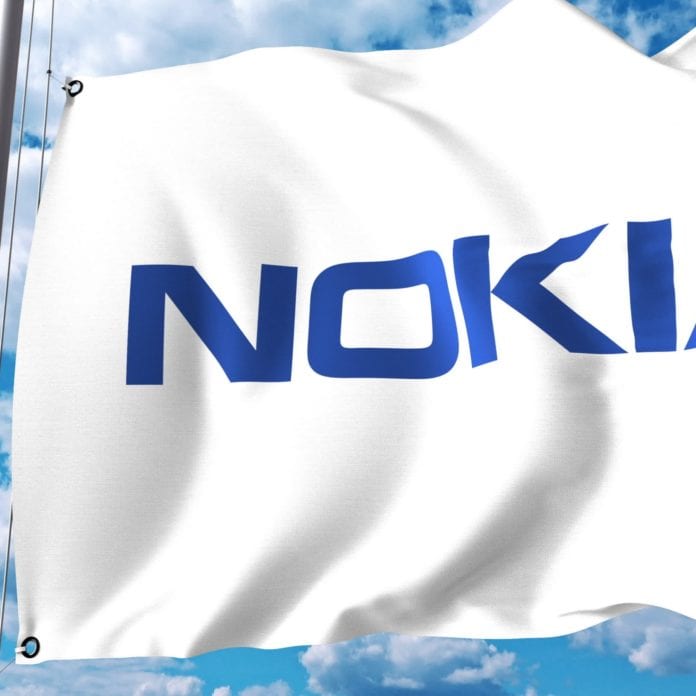Finnish vendor Nokia announced a partnership with Brazil’s Telecommunications Research and Development Center (CPQD), which is an independent government-affiliated research body, to jointly develop applications and solutions based on the Open RAN-compliant near-real-time RAN Intelligent Controller (RIC).
In a release, Nokia said that the partnership will focus on 5G use cases in cooperation with Nokia’s Brazilian mobile operator customers. Those use cases will include fixed wireless access (FWA), smart cities, IoT for Industry 4.0, and critical networks, which will be customized for the Brazilian market.
Nokia also said that the partnership will leverage Nokia’s Service Enablement Platform (SEP), which combines the capabilities of the RIC and multi-access edge computing (MEC). The collaboration is designed to create innovative use cases that utilize Nokia’s optimized AirFrame open edge server solution and will allow CPQD to explore the potential of 5G to deliver an enhanced network performance with lower energy consumption, greater reliability, and security, the vendor added.
Nokia’s SEP runs on the edge or far edge datacenter and can share infrastructure with cloud RAN or other virtualized network functions using open API capabilities to enable an “agile and dynamic edge cloud environment for secure innovation with ecosystem and third parties,” the vendor said. Nokia’s edge-optimized AirFrame open edge server solution provides secured and high-performance ultra-small footprint edge cloud infrastructure for indoor and outdoor environments, the European vendor said.
The RIC is a virtualized 5G optimization technology that adds programmability to the Radio Access Network (RAN) and enables artificial intelligence and machine learning as well as new services. The near-real-time RIC platform provides functions and interfaces that boost optimization, automation, and faster, more flexible service deployments, according to Nokia.
“This is an important collaboration that will help to shape the future of 5G networks in Brazil,” said Frederico Nava, director of solutions and consulting at CPQD. “We look forward to a fruitful and successful partnership with Nokia and look forward to introducing a range of innovative 5G-based use cases to the market.”
“This important partnership will explore the potential for innovative 5G use cases that will have real-world value in Brazil across a range of different areas, such as smart cities and fixed wireless access,” said Ari Kynäslahti, head of technology and strategy at Nokia Mobile Networks. “Our RAN Intelligent Controller will play a critical role in this research, helping to explore and trial new cutting-edge use cases that will put Brazil at the forefront in the 5G era.”
The Brazilian government aims to carry out a tender to award 5G spectrum by the end of the first half of 2021, according to previous press reports. Even before COVID-19, the 5G spectrum auction schedule had been postponed from its initial March 2020 date given the need to further investigate interference with other signals.
Brazilian telecommunications services regulator Anatel previously confirmed that it would award spectrum in the 2.3 GHz and 3.5 GHz bands.

